A journey across a dystopian future America, following a team of military-embedded journalists as they race against time to reach DC before rebel factions descend upon the White House. A film by Alex Garland, starring Kirsten Dunst, Cailee Spaeny, Wagner Moura, Stephen McKinley Henderson, Nick Offerman, and Jesse Plemons.
CIVIL WAR
Alex Garland
(2024)
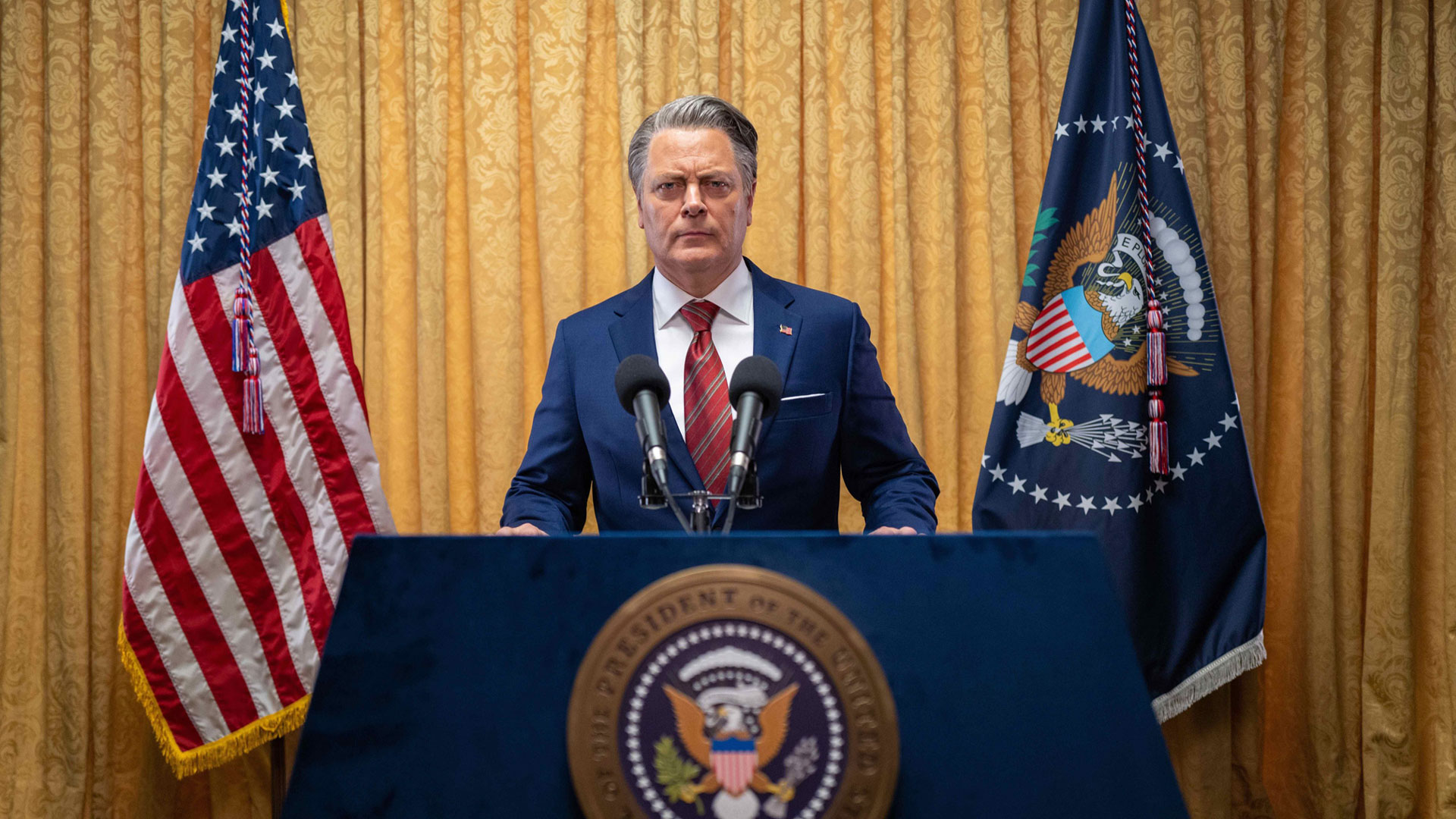
Set in a near-future United States that has descended into disarray due to a civil war between four factions: the remnants of the tyrannical U.S. government, the Western Forces (a coalition of Texas and California), the Florida Alliance, and the New People’s Army. Although the film never explicitly explains what exactly caused this conflict, the authoritarian third-term U.S. President (Nick Offerman) has authorized air strikes against civilians and disbanded the FBI.
The idea of a coalition between Texas and California in this film has been criticized as unrealistic due to the political and cultural differences between the two states. California is often seen as a liberal and progressive state, while Texas is perceived as conservative and traditional.
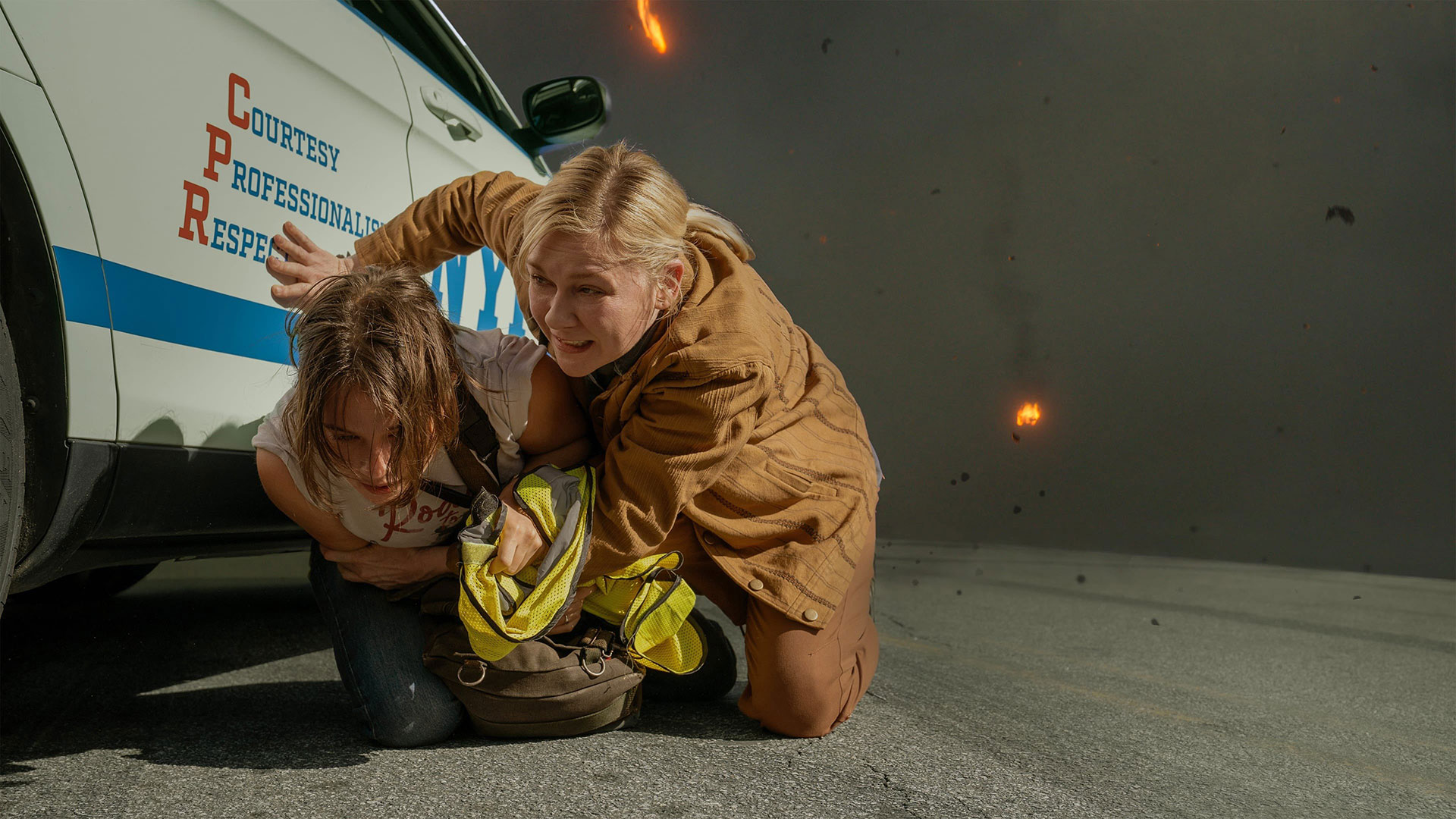
Renowned war photojournalist Lee Smith (Kirsten Dunst) first encounters an aspiring young photographer Jessie Cullen (Cailee Spaeny) when Jessie is accidentally assaulted during the riot. Lee gives Jessie a neon yellow press jacket for protection. We don’t know if Jessie harbors an ulterior motive. In the earlier scene, we see Jessie watching Lee for a while before getting closer to take photographs of the riot. Does she have an ulterior motive, or is she simply pretending not to recognize Lee until he approaches her? (The film never explicitly addresses this ambiguity.) Lee and Jessie hide behind a police car during the air strike.
The press jacket is a significant item for war photographers as it serves several purposes. Firstly, it helps to identify them as members of the press, which can provide some protection in war zones. The jacket is typically adorned with press insignia, making it clear that the wearer is a journalist and not a combatant. This can help to distinguish them from military personnel and potentially offer some level of immunity from direct attack.
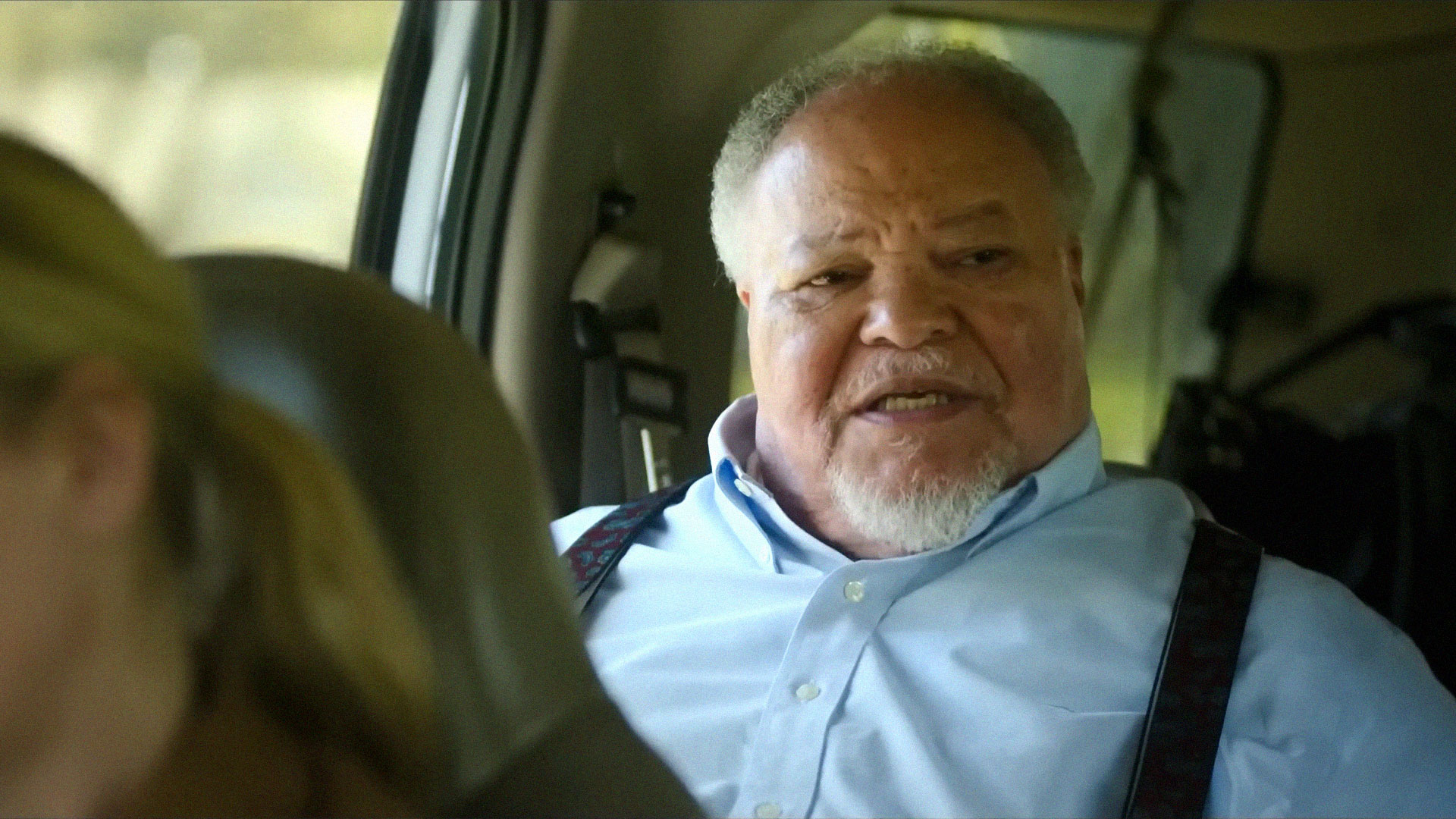
That evening, at a hotel bustling with journalists, likely the preferred lodging for the press corps in the area, Lee and her colleague Joel (Wagner Moura), meet with Sammy (Stephen McKinley Henderson), a veteran New York Times journalist and Lee’s mentor, to discuss traveling to Washington, D.C., where Joel will interview the president and Lee will take the photographs. Sammy thinks it’s a suicidal mission, but he’s unable to talk Lee out of it. However, Sammy asks to accompany them on the trip, which Lee agrees to although Joel advises against it. Lee intends to drop Sammy off at Charlottesville. Lee meets Jessie again in the lobby. Jessie claims that she wants to return the jacket, although she admits to stalking Lee, asserting that Lee is one of her idols. The next morning, Lee gets furious with Joel when she sees Jessie in the car. Joel claims that since Lee allowed Sammy to come, he figured it was okay to invite Jessie to tag along with them.
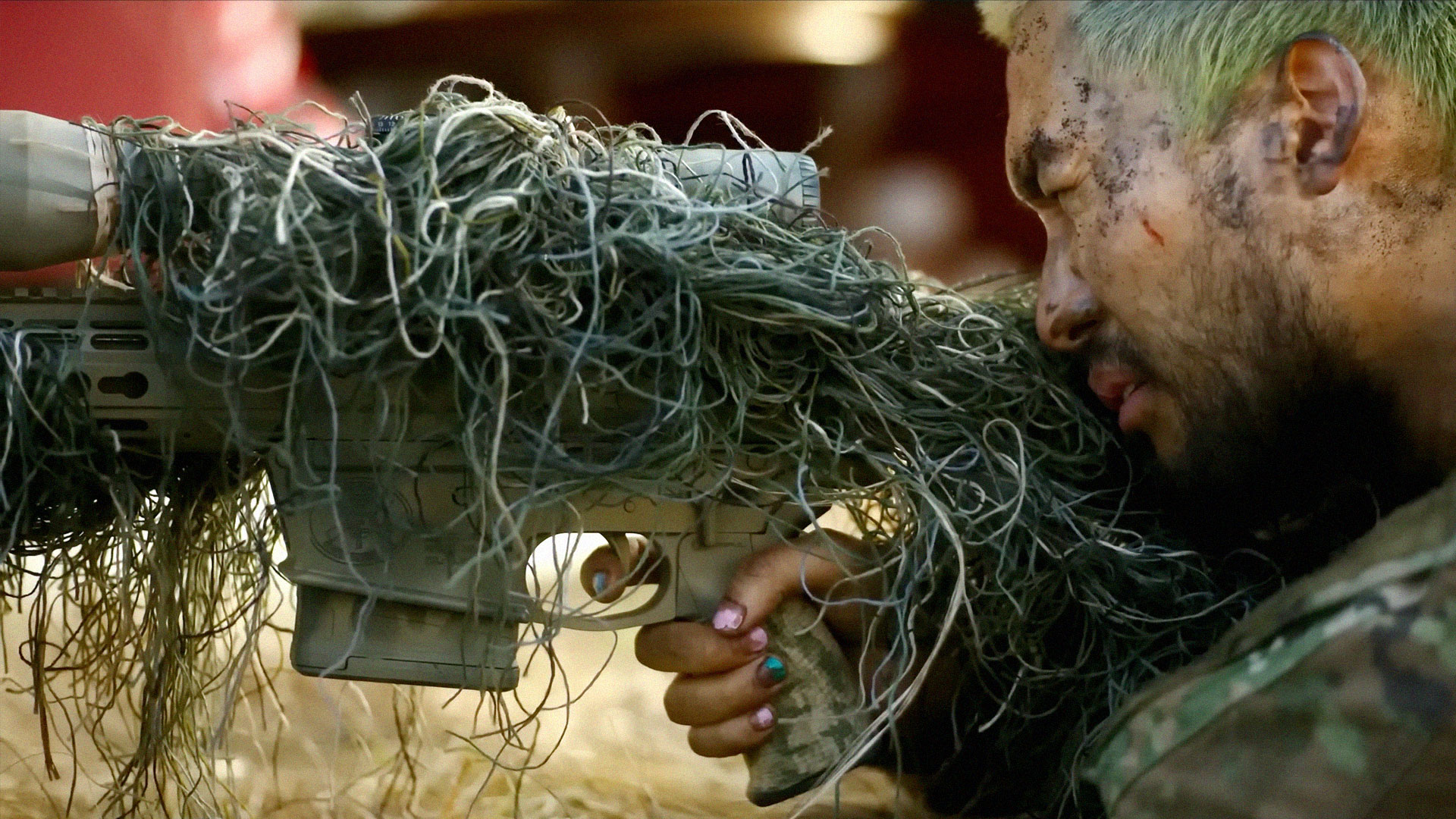
CIVIL WAR is essentially a road movie set against the backdrop of a brutal civil war, with a focus on action and suspense rather than character development. One of the memorable scenes involves a sniper hidden in a farmhouse, offering a moment of comedic relief in such a life-threatening situation.
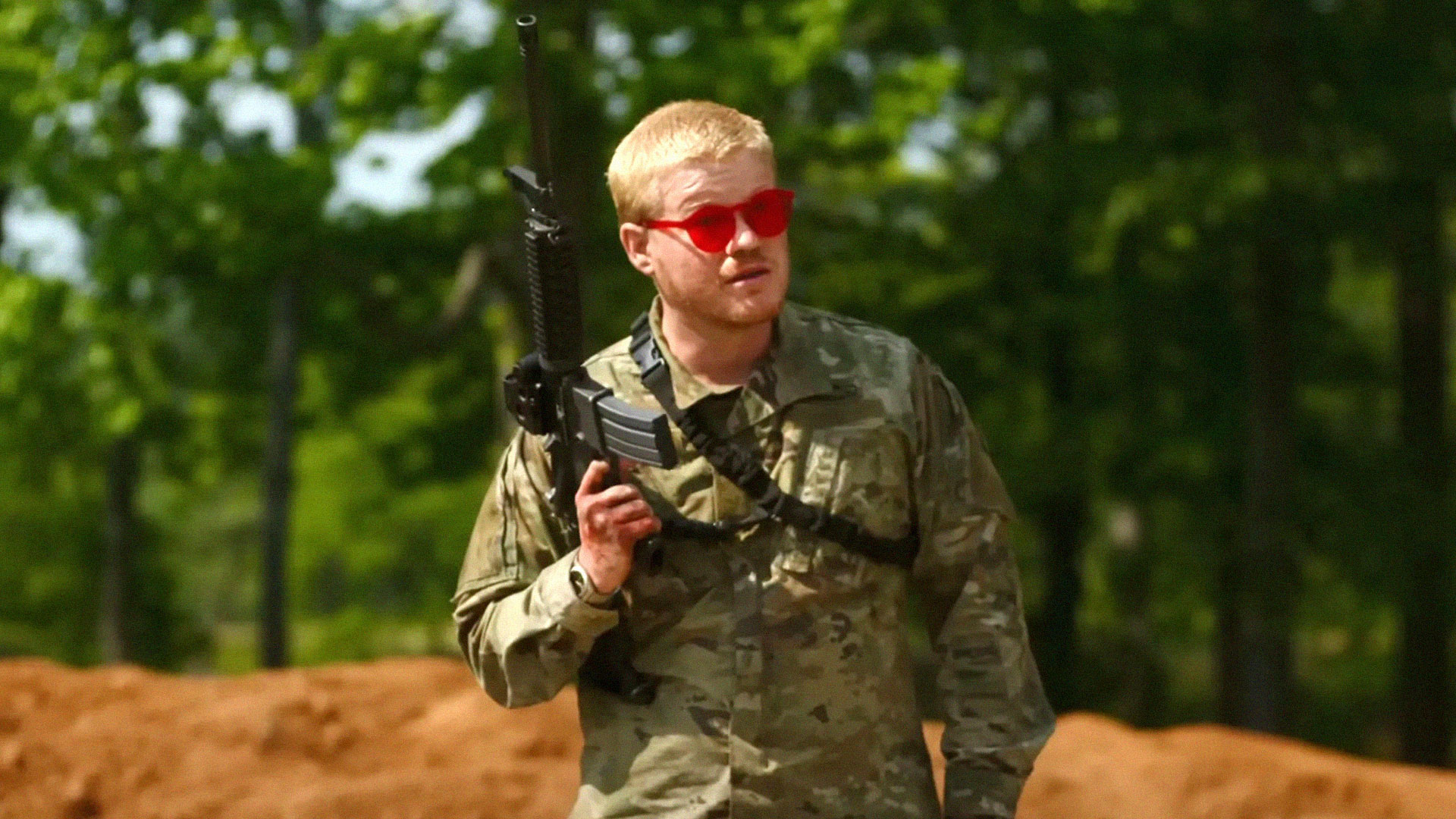
Another notable scene features a small group of rogue soldiers led by a menacing figure in red sunglasses, played by Jesse Plemons. His unpredictable behavior and chilling performance create a truly unnerving atmosphere, making his character one of the film’s most memorable villains.

Written and directed by English filmmaker Alex Garland, CIVIL WAR gives us a terrifyingly realistic portrayal of war. The constant tension, ravaged landscapes, and ever-present threat of violence create a truly immersive and disturbing atmosphere. The film excels at capturing the brutality of war, including the sounds of gunfire and explosions.
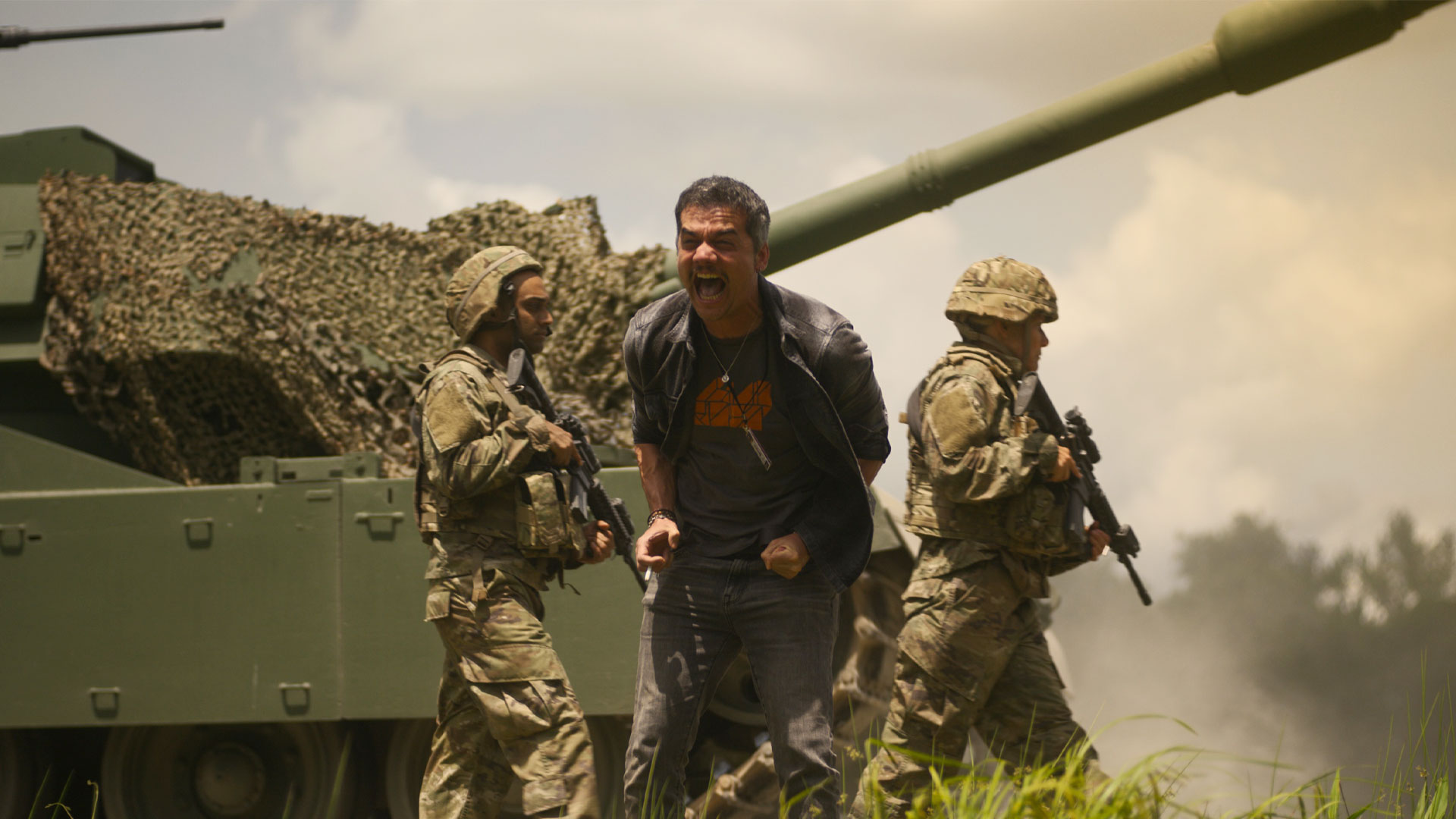
The aftermath of battles is particularly harrowing, with glimpses of destroyed towns and the bodies of soldiers. The journalists navigate a fractured America filled with armed factions and a constant sense of paranoia. The film deliberately avoids taking sides in the conflict, leaving you to question the motives of everyone you encounter.
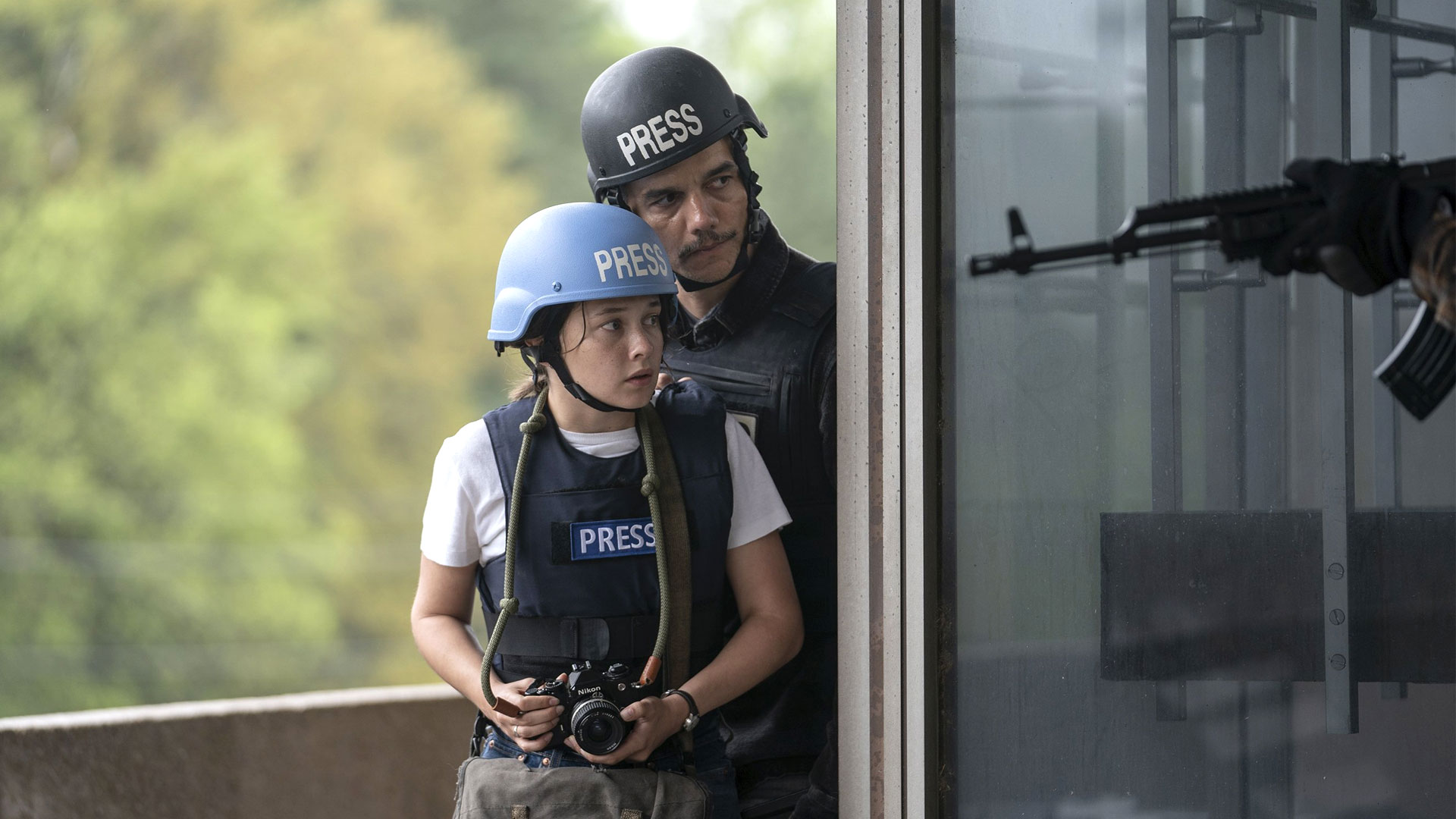
While the film delivers a powerful anti-war message, there are a few elements that strain credulity. Some of the characters’ decisions feel illogical, particularly in the face of clear danger. Additionally, the film’s premise of a future American civil war with no clear cause feels a bit underdeveloped. Lastly, it is probably not the kind of film you would want to pick up and watch for a second time.
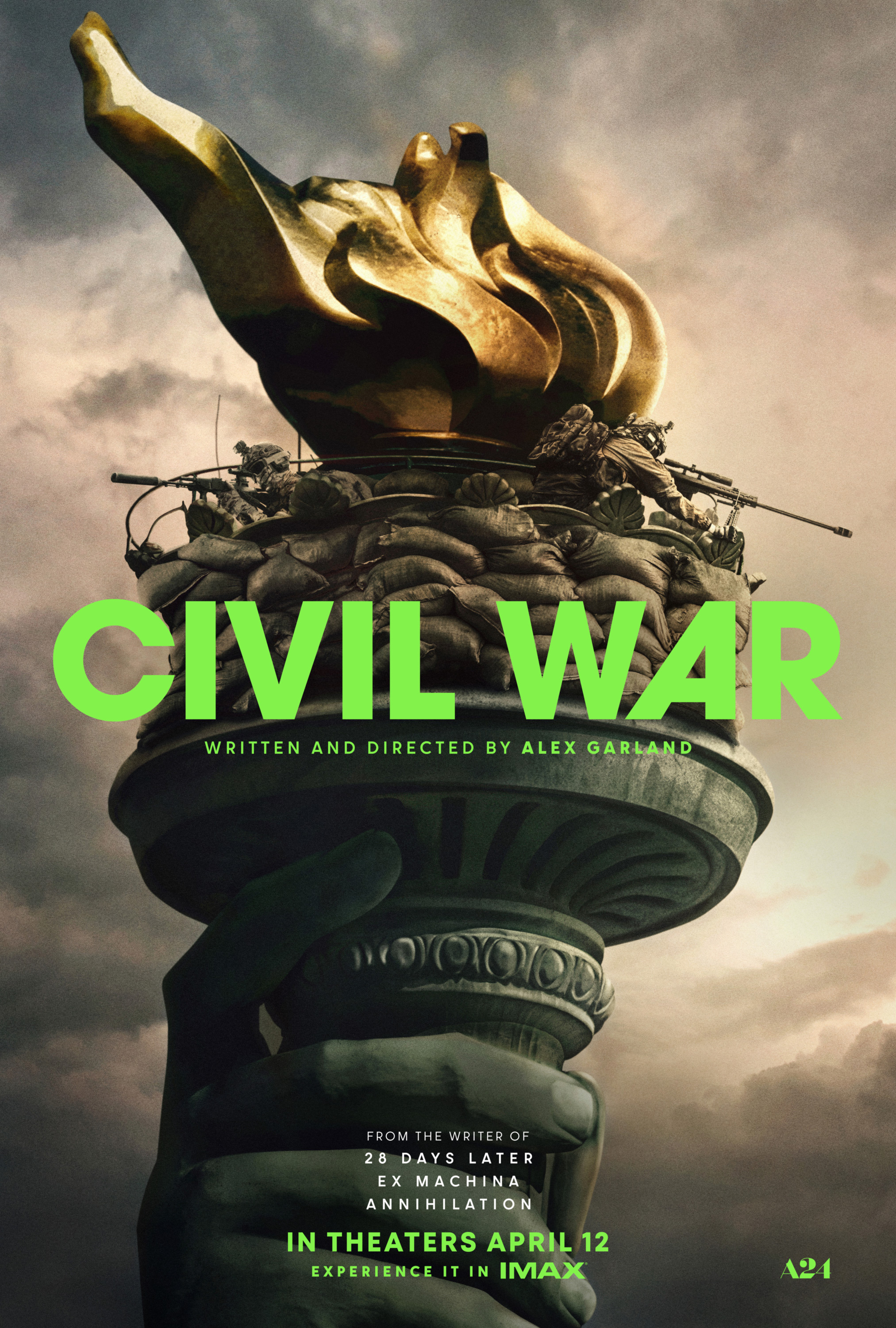
CIVIL WAR premiered at SXSW on 14 March 2024. The film was theatrically released in the United States on 12 April, by A24.




